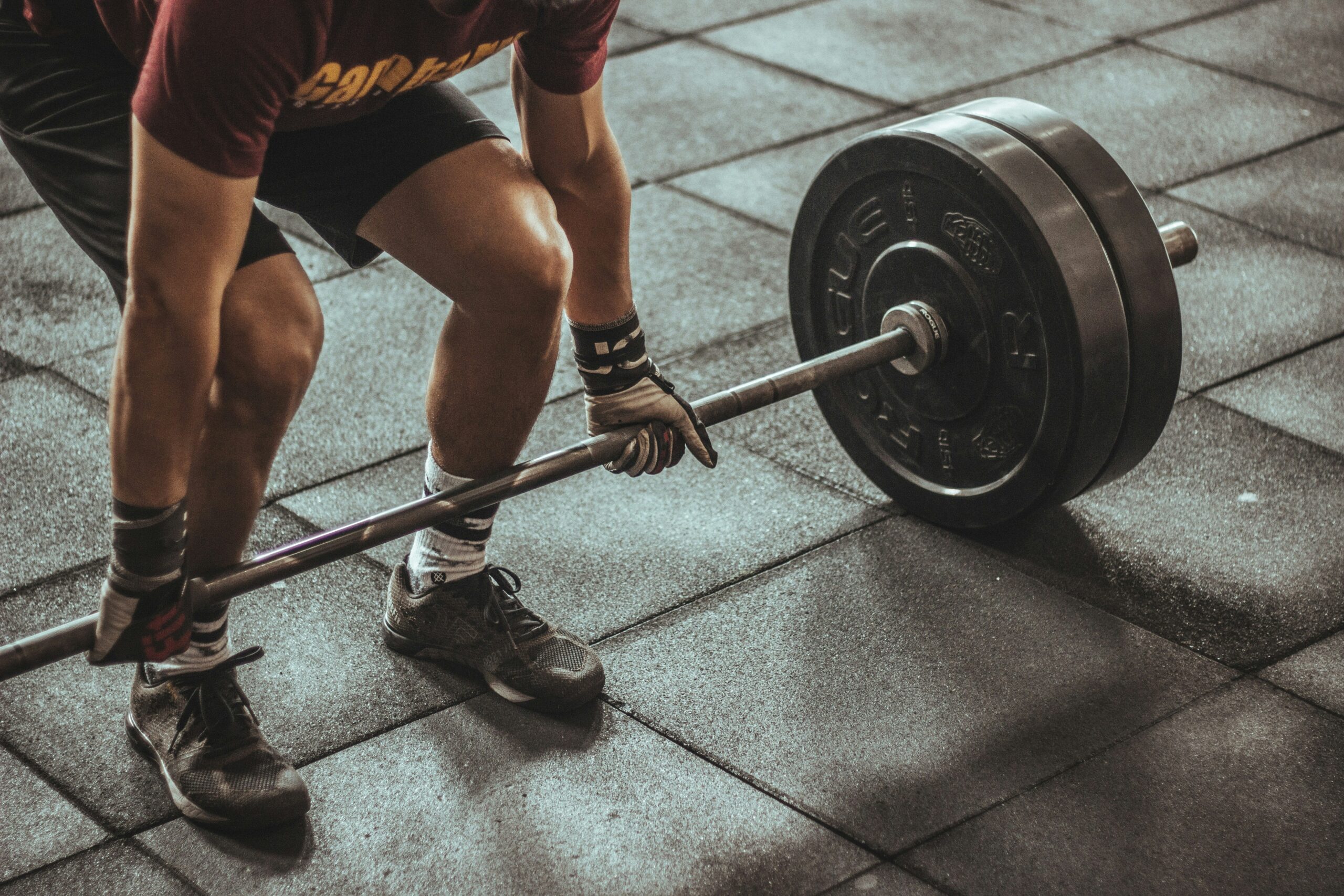Have you ever wondered if exercise is necessary for weight loss while following the keto diet? You’re not alone. Many individuals jump on the keto bandwagon with the allure of fast weight loss by cutting carbs and enhancing fat intake. But the question remains: do you need to mix in a sweat-inducing exercise regimen to see significant results?
Understanding the Keto Diet
Before jumping into the role of exercise, it’s essential to fully understand what the keto diet entails. The ketogenic diet is a high-fat, moderate-protein, and very low-carb diet. The primary goal is to get your body into a metabolic state known as ketosis.
What is Ketosis?
In ketosis, your body becomes incredibly efficient at burning fat for energy. This happens because your body doesn’t have enough carbohydrates to use for energy, so it resorts to breaking down fats into molecules called ketones. It’s these ketones that your body uses for fuel in place of glucose from carbs.
Benefits of the Keto Diet
The keto diet comes with a list of potential benefits, such as reduced appetite, improved mental clarity, better digestion, and, most notably, weight loss. Since your body is torching through fat stores, many people experience significant weight reduction.
The Science Behind Weight Loss
To understand if exercise is a critical component for weight loss on the keto diet, let’s break down the science of weight loss.
Caloric Deficit
The backbone of weight loss is maintaining a caloric deficit. This means you’re burning more calories than you’re consuming. Whether you’re on a keto diet or any other diet, this principle remains the same. You can achieve a caloric deficit by either consuming fewer calories, burning more calories through physical activity, or a combination of both.
Metabolic Rate
Your Basal Metabolic Rate (BMR) is the number of calories your body needs to perform basic functions like breathing, circulation, and cell production. Factors such as age, gender, and genetic makeup play a role in determining your BMR.
Role of Exercise
Exercise helps to increase the number of calories you burn, contributes to muscle maintenance and growth, and improves cardiovascular and respiratory health. By boosting your caloric expenditure, exercise can make achieving a caloric deficit easier.

Exercise and the Keto Diet: A Perfect Match?
So, now you’re wondering, is exercise really necessary for weight loss on the keto diet, or can you shed pounds by diet alone?
The Role of Exercise in Ketosis
Exercise can play a significant role when you’re on the keto diet. Physical activity helps improve insulin sensitivity, increases your BMR, promotes fat loss, and even aids in maintaining lean muscle.
Types of Exercises
- Aerobic Exercise: Activities such as walking, running, and cycling improve cardiovascular health and burn calories.
- Anaerobic Exercise: Strength training and high-intensity interval training (HIIT) builds muscle and increases BMR.
- Flexibility and Balance: Yoga and stretching improve muscle flexibility and joint health, which can benefit your overall fitness regime.
Exercise Benefits on Keto
While on the keto diet, your body may require some time to adapt to using fats and ketones instead of carbs for fuel. During this adaptation phase, known as the keto flu, you may experience fatigue and decreased performance.
However, once adapted, exercise can:
- Accelerate fat loss
- Enhance mood and mental clarity
- Improve muscle tone and definition
- Increase energy levels
Risks and Considerations
While there are significant benefits, it’s also crucial to note the risks and considerations associated with exercising on the keto diet.
Initial Adjustment Period
During the first few weeks, you may experience the “keto flu,” which can include symptoms like fatigue, headaches, and irritability. This adjustment period can make intensive exercise difficult.
Electrolyte Imbalance
Keto diets can lead to a loss of electrolytes like sodium, potassium, and magnesium, especially when combined with exercise. It’s essential to replenish these to avoid muscle cramps and fatigue.
Dehydration Risk
The keto diet can increase the risk of dehydration, partly due to reduced glycogen levels. Glycogen binds with water in the muscles, so less glycogen can mean less water retention. Staying hydrated is crucial, especially if you’re incorporating exercise.

Practical Tips for Combining Keto and Exercise
If you decide to incorporate exercise on your keto journey, some practical tips can make the blend more effective and enjoyable.
Start Slow
If you’re new to either keto or exercise, start slow and gradually ramp up the intensity. This allows your body to adapt to both changes without overwhelming it.
Focus on Recovery
Taking time to recover is essential. Ensure proper sleep, hydration, and nutrition to help your muscles recover and adapt.
Monitor Your Electrolytes
Keep an eye on your electrolyte levels and consume foods rich in potassium, magnesium, and sodium. You may also consider electrolyte supplements if you’re struggling to keep up with the demand through diet alone.
Stay Hydrated
Hydration is critical on the keto diet, especially if you’re adding exercise. Aim for at least 8-10 glasses of water daily, and more if you’re working out.
Listen to Your Body
Pay attention to how your body feels during exercise. If you feel dizzy, excessively fatigued, or unwell, it may be best to dial back the intensity or duration of your workouts.
Real-life Success Stories
Sometimes, hearing about others’ successes can be inspiring and provide practical insights. Many individuals have effectively combined exercise with the keto diet to achieve remarkable weight loss results.
Case Study: Sarah’s Transformation
Sarah was a working mother who struggled with weight for years. After starting a ketogenic diet, she saw some initial success but soon faced a plateau. Incorporating regular aerobic exercises like walking and HIIT workouts not only broke her plateau but also enhanced her energy levels, improved her mood, and transformed her body beyond her expectations.
Case Study: Mark’s Athletic Edge
Mark was an athlete looking to drop some weight while retaining his muscle mass. By combining the keto diet with a mix of strength training and flexibility exercises like yoga, he achieved his weight loss goals without sacrificing performance. The result was better muscle definition, lower body fat percentage, and improved athletic performance.

Keto Diet vs Other Diets: The Exercise Component
How does the requirement for exercise on keto compare to other popular diets? Let’s take a quick look.
| Diet Type | Need for Exercise for Weight Loss | Reason |
|---|---|---|
| Keto Diet | Moderate to High | Increases fat burning and muscle retention |
| Paleo Diet | Moderate | Complements the high-protein intake |
| Vegan Diet | Moderate to High | Helps balance lower-calorie diets |
| Mediterranean Diet | Low to Moderate | Focuses on balanced nutrition |
Conclusion: Do You Need to Exercise on Keto?
The short answer is no, you don’t need to exercise on the keto diet to lose weight, but it certainly helps. Combining exercise with the keto diet can accelerate fat loss, improve overall health, and enhance muscle tone and energy levels. While weight loss can still occur without exercise due to the caloric deficit created by diet changes, adding physical activity offers a range of additional benefits.
The key is to start slowly, listen to your body, stay hydrated, and maintain your electrolyte balance. Whether you’re aiming for a dramatic transformation or subtle changes, exercise and keto can work hand-in-hand to help you achieve your weight loss goals. So, lace up those shoes or unroll that yoga mat—balance and consistency might just be the magic combination you’ve been looking for.

